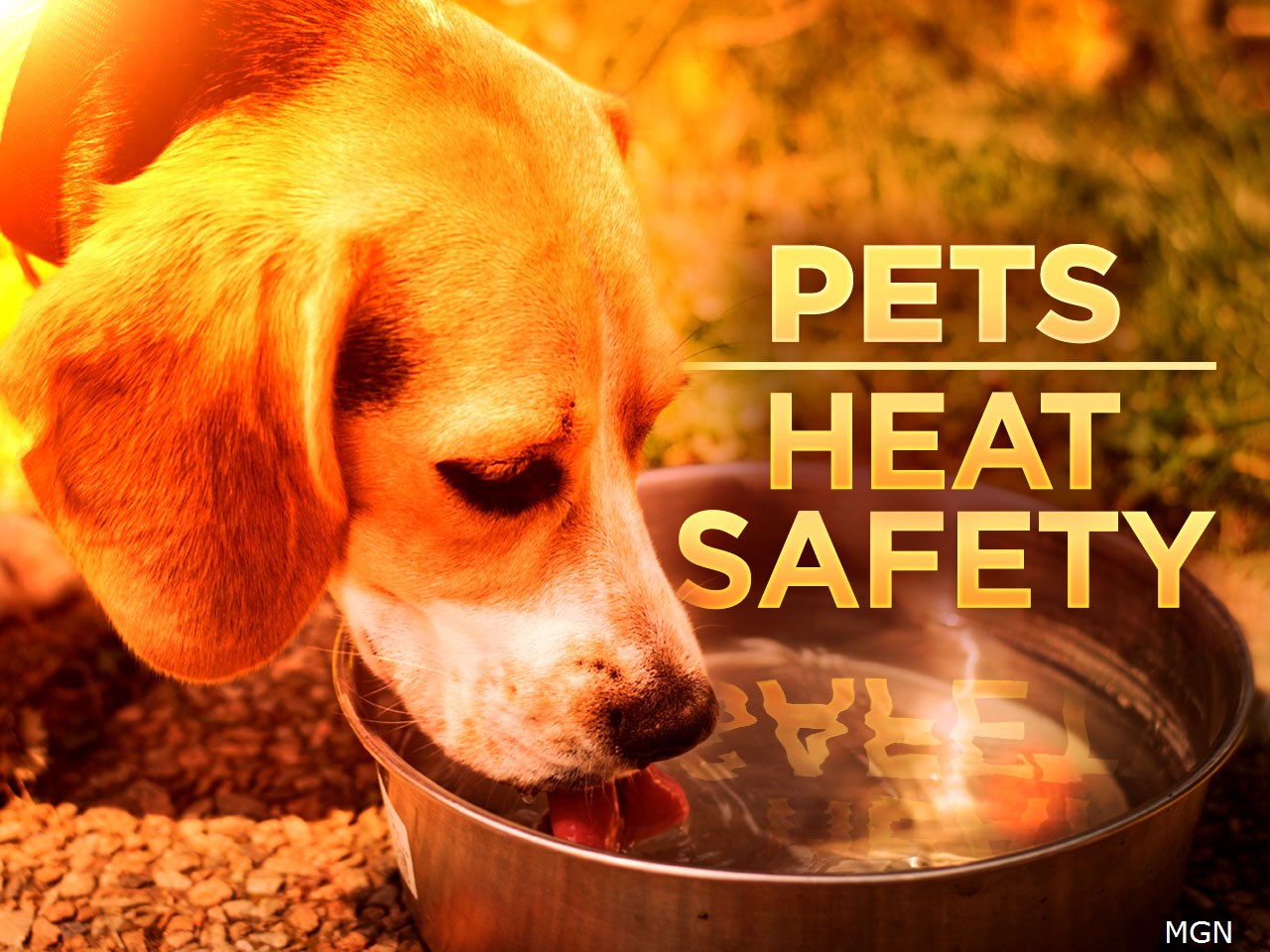- July 23, 2022
- No Comment
- 6 minutes read
Keeping furry friends from overheating during the ‘dog days’ of summer – WFXRtv.com

WFXRtv
Please enter a search term.
Please enter a search term.
by: Colleen Guerry
Posted: Jul 20, 2022 / 03:29 PM EDT
Updated: Jul 21, 2022 / 03:02 PM EDT
by: Colleen Guerry
Posted: Jul 20, 2022 / 03:29 PM EDT
Updated: Jul 21, 2022 / 03:02 PM EDT
(WFXR) — If the hot weather rolling through southwest and central Virginia this week is making you lose your cool, imagine how much worse it would be if you were wearing a fur coat 24/7.
WFXR News’ Colleen Guerry spoke with Dr. Mark Freeman, a veterinarian and clinical assistant professor of community practice at the Virginia-Maryland College of Veterinary Medicine at Virginia Tech, about heat safety for pets.
When it comes to protecting pets, both individual localities and the Commonwealth as a whole have a variety of laws in place involving animal care and cruelty.
For example, on July 7, the Lynchburg Police Department says animal control officers responded to a call about a dog that was left in a wired crate inside a pickup truck bed — without shade and without water — while it was 87 degrees outside.
Then, on July 8, authorities say they followed up on a social media post that matched the description of the call from the day before. As a result, officers were able to track down the owner of the dog and the truck, who was then charged with violating Lynchburg City Code 7-7.1 (care of animals by owner).
According to Lynchburg Animal Control, when it’s over 75 degrees outside, city law says that pets cannot be left unattended in a vehicle for more than 15 minutes. If you do have to take your pet with you, either leave your car running with the air conditioning on, or leave the pet inside the car with a responsible adult so they can either let the pet out or find a way to cool them down.
Meanwhile, Virginia Code 3.2-6503 requires that, “Each owner shall provide for each of his companion animals” like dogs, outside cats, guinea pigs, rabbits, etc.:
In addition, the Pulaski Police Department says it is illegal in Virginia to tether an animal outside when the temperature is above 85 degrees or below 32 degrees.
If your pet is panting or drooling, as well as showing any of the following signs of heatstroke, VCA Animal Hospitals urges you to take them straight to the veterinarian:
The health risks for heatstroke, heat prostration, over-heating, hyperthermia – any of these are concerning – are multiple. The most severe is death, and many dogs die from hyperthermia. When the body temperature gets above 107 degrees Fahrenheit, the proteins in the body begin to denature, or essentially cook. This results in significant tissue damage, with the brain typically being the organ most severely affected, and resulting in a variety of neurologic issues like seizures, acute blindness, permanent brain damage with a vegetative state, brain death, and more. The next most common organ system affected is the digestive tract, and many dogs develop severe hemorrhage into the intestines resulting in pain, dehydration, acute blood loss, and potentially shock and sepsis. Kidney and other internal organ damage are also not uncommon. I have personally treated dogs with heat prostration who presented with a body temperature over 109, and those pets rarely survive. The sooner you can get the pet seen by a vet and get the temperature dropping, the better the chances are that they will survive the incident.
Here are some other simple tips to help your pet stay chill:
Copyright 2022 Nexstar Media Inc. All rights reserved. This material may not be published, broadcast, rewritten, or redistributed.

